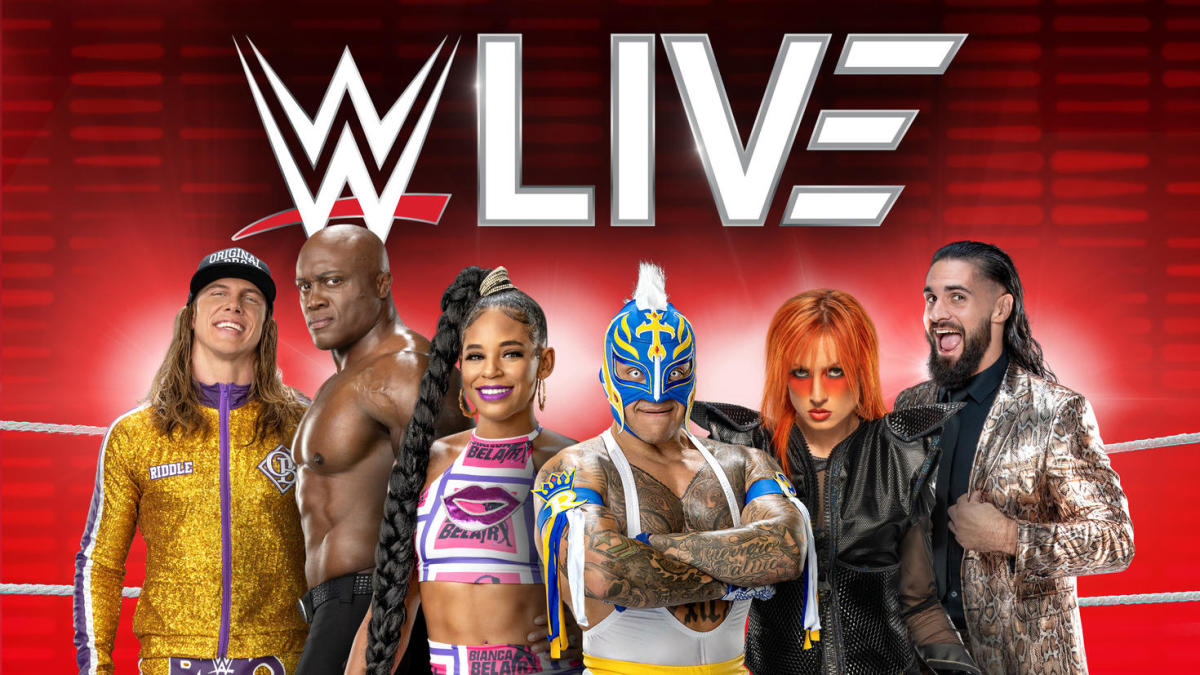[ad_1]
Last week, the Mexican media, already accustomed to bad news, was shaken: eight bullets ended the life of Armando Linares.
You might be wondering why you, presumably a Texan reading this in the United States, should care that another Mexican journalist, the eighth this year, has been murdered. If you’ve heard of the crisis at the border, the cartel violence that spills into the U.S., the murders of Americans on Mexican soil, the suburban mansion scandal you know as Houstongate — it was probably with the help of Mexico’s courageous media workers who report the facts and denounce corruption in the face of constant danger.
Mexico has long been the most dangerous country in the world to be a journalist outside an official war zone. With every murder, there is truth that is no longer known and the people of both the U.S. and Mexico, intrinsically linked by their border, lose.
For me, it’s more personal.
I am familiar with this issue not only because I studied it during my master’s program, but because I have lived it. I am a journalist from Veracruz, the state with the highest number of murdered journalists in Mexico. I had to report on the death of unimpeachable colleagues such as Regina Martínez; my friend and neighbor was dismembered; another one disappeared.
Like other colleagues, I lived through the repression, the fear, the paranoia of wondering “who is next?” That is, until 2013, when, for the safety of my husband and our 18-month-old daughter, we decided to leave the country. Today, the same situation is repeated in other states besides Veracruz. The murders against journalists feel inevitable; never-ending.
Linares, the co-founder and editor of the newspaper Monitor Michoacán, had already warned the authorities about the threats against him and his staff. He reiterated them when his colleague, Roberto Toledo, was killed earlier this year.
On January 28, days before Toledo’s murder, Linares reported in a video he posted online that he had been in contact with the federal government and had informed them of the threats he received. He said, “We hold the municipal authorities of Zitácuaro, Michoacán responsible for any attack on our staff.”
Three days later, in another video, Linares is seen moved by the murder of his colleague Toledo, also riddled with eight bullets. He states: “There are names, we know who is responsible for this violence. We will continue to point out corruption and corrupt politicians, even if it costs us our lives.”
And so it did.
These two journalists from the same media outlet — an unprecedented double attack — were murdered within 43 days of each other. The objective: to silence them because they were investigating political corruption and the incursion of organized crime in Michoacán, a state located in central western Mexico which drug cartels have fought over since 2000.
Even at Linares’ funeral the threats continued. This time, against the journalists covering the story. Armed men forced them to leave; his own family was forced to give the respected journalist a hurried goodbye.
A few hours later, the Monitor Michoacán news outlet announced that it was shutting down its website. The lack of protection from the authorities despite imminent threats was the last straw.
“The special prosecutor’s office for crimes against freedom of expression has, in its possession, evidence of the masterminds behind the murder of our editor. Yet the state government and the attorney general’s office have shown a lack of interest in finding those responsible — both instigators and perpetrators — because the murderers are among the ranks of both,” Joel Vera, the media outlet’s deputy director, said in a statement posted on his Facebook page.
The tragedy of limited freedom of expression in Mexico dates back almost two decades, to the beginning of the fight against organized crime, which has plunged the country into a spiral of violence. In January alone there were more than 2,000 murders in a country where people kill because they can — and do so with rampant impunity.
Mexico’s press freedom issue, and in particular the lack of protections for reporters on the street — the most vulnerable link in the chain — operates on three fronts: the media companies that keep journalists in conditions of near-servitude; political actors who threaten them in the face of criticism; and organized crime, which often enjoys the protection, if not the blessing, of politicians in power.
Working conditions for journalists are among the worst in the country. Reporters often work on a freelance basis at 50 pesos (about $2.49) per story or, if they are on a payroll, they receive a monthly salary of about 5,000 pesos ($248). In order to survive, journalists are forced to work for several media outlets just to make ends meet.
Every year, the equivalent of hundreds of millions of dollars is spent in government advertising that is doled out to media outlets to dictate the news at the government’s discretion. This practice, which goes back to the beginning of Mexico’s burgeoning democracy, has led to a media landscape described as a “co-opted free press” in which, despite a constitutional guarantee to freedom of expression, economic mechanisms of control prohibit truly uncensored coverage. In fact, many media outlets “sell” their editorial content to politicians seeking favorable coverage, working almost hand in hand with the powerful political actors of the day.
Moreover, within the press there is endemic corruption that has pushed, by necessity or ambition, numerous journalists to receive bribes, the famous “chayos.” These conditions place investigative journalists and critical media that go beyond the status quo at a total disadvantage and in an extremely hostile environment.
The second front that journalists must resist is political power which, according to several nonprofits, is the main threat to the press. Many politicians in Mexico do not tolerate criticism; they react with threats, beatings, kidnappings and even assassinations.
Mexican President Andrés Manuel López Obrador considers those who criticize his government as enemies. He recently made that clear when he publicly lambasted the renowned journalist Carmen Aristegui for following up on his son’s controversial house in Conroe, Texas.
Instead of doubling down on strengthening protections for journalists, the president obsessively denies state involvement in order to distance himself from his predecessors. However, it’s hard to deny the damning statistics: a recent report found that 94.8 percent of all murder cases reported in Mexico go unpunished.
The third front experienced by journalists is organized crime which, on many occasions, is deeply intertwined with political power. This is the so-called “narcopolitics” that has taken hold in Mexico and that, according to journalist Ricardo Ravelo, is present in almost every municipality in the country.
This means that journalists who investigate this collusion, or investigate criminal groups in general, end up silenced. This has created large news deserts in the country where you can’t mention anything related to criminal groups; you can’t count the deaths; and you definitely can’t talk about narcopolitics.
Amid this barrage of aggression, many journalists simply stop investigating. Finding themselves forced out of their jobs, they leave journalism altogether or even the country, often with severe post-traumatic stress.
But understanding the issue isn’t enough. We must do more, as a global community, to protect journalists. In January, hundreds of media workers and human rights defenders gathered across Mexico to protest, a watershed moment for a community fed up with having to accept violence as part of the job. This month, over 600 members of the European Parliament overwhelmingly backed a resolution condemning these killings and voicing concern over López Obrador’s use of populist rhetoric “to denigrate and intimidate independent journalists, media owners and activists.” There is political will for the U.S. to join this international outcry: several U.S. senators, including Tim Kaine and Marco Rubio, have urged the Biden administration to call on the Mexican government to do more to protect its journalists.
The rampant impunity in Mexico and the failure of the justice system, where threats and crimes against journalists for their work go uninvestigated, will lead to many more murders. That is why it is absolutely necessary for the U.S. to continue to support Mexican-led nonprofits that track corruption and civil society efforts to improve Mexico’s criminal justice system. For example, prosecutors are being trained in the latest techniques and technology for investigating crimes committed against journalists. As partners in democracy, Mexico and the U.S. must also work together to secure real freedom of expression and justice, ensuring vulnerable media workers are provided adequate protection when they say they’re threatened.
Because for every murder, not only is a life lost. So is the truth.
Amigzaday López is a freelance journalist and contributor to Proceso magazine. She investigated the situation of journalists in Veracruz for her master’s thesis “La construcción mediada de la información: Factores y actores en la manipulación de los medios impresos en Veracruz” (The mediated construction of information: Factors and actors in the manipulation of print media in Veracruz). This piece was originally written in Spanish and is available online at Houstonchronicle.com
[ad_2]
Source link








/cloudfront-us-east-2.images.arcpublishing.com/reuters/BHLLQWCPDFJJTAFGOWMVCZQMZQ.jpg)



:quality(70)/cloudfront-us-east-1.images.arcpublishing.com/shawmedia/6G4CWFODPFCSHD5H3QJPUZZ6EI.jpg)









